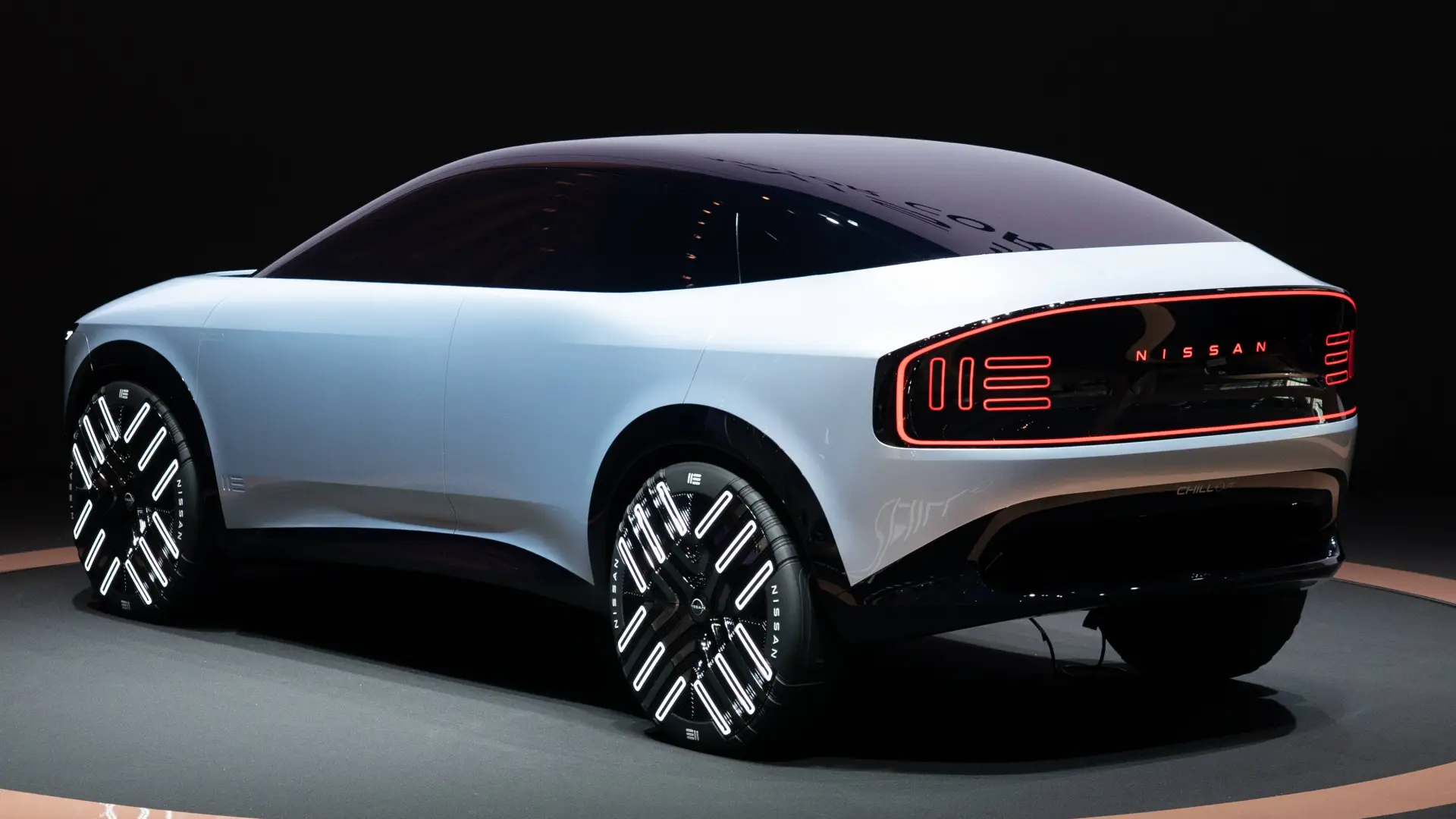After Toyota, Nissan accelerates electrification process
Nissan was one of the pioneering brands in the electric car sector more than a decade ago. At a time when virtually no manufacturer was betting on this technology, the Japanese firm revolutionized the market with the launch of the LEAF, which in 2010 became the first global electric car for the mass market.
Although the company dominated this niche for a few years, rivals such as BYD, Tesla, and Volkswagen have ended up ousting it due to its slow and conservative launch strategy, since the LEAF is already a very old product (its technical base is a whopping 13 years old). , being its only noteworthy novelties the expensive SUV Ariya and the kei car Sakura, sold only in Japan.
After the recent restructuring of its alliance with Renault, as a result of which both companies have gained greater independence, Nissan has decided to accelerate its electrification plans to recover lost ground. This change in strategy will be especially noticeable in Europe, where anti-pollution regulations are stricter.
By 2026, 98% of the cars that Nissan sells in the old continent will be e-POWER hybrids (they use the heat engine exclusively as a generator) or pure electric, a more ambitious goal than the previous 75%. In Japan, for its part, it will settle for 58%, compared to the 55% originally pursued. Its projections for the United States remain unchanged (over 40%).

Nissan will electrify products like the Micra or the Maxima
In its previous strategic plan, Nissan aspired to launch 15 electric cars by 2030 but has now decided to go a step further and roll out a range of 19 models. Among them will be the new Micra, an affordable utility vehicle that will share 80% of its components with the Renault R5 (in fact, both will be manufactured together in Douai, France).
Another major renovation will be that of the Maxima, its largest saloon for the US market. It is confirmed that its next generation, which will continue to be produced in North America, will abandon internal combustion engines, becoming a rival to the popular Tesla Model 3.
Nissan believes that, as a pioneer group in the development and manufacture of electric vehicles, it has significant know-how in electric technology, including driver usage patterns, factors affecting battery degradation, and other critical points for the popularization of this type of automobile. In addition, it is working on key technologies such as solid electrolyte batteries.
The post After Toyota, Nissan accelerates electrification process appeared first on Latest Car News.
Latest Car News
Comments
Post a Comment